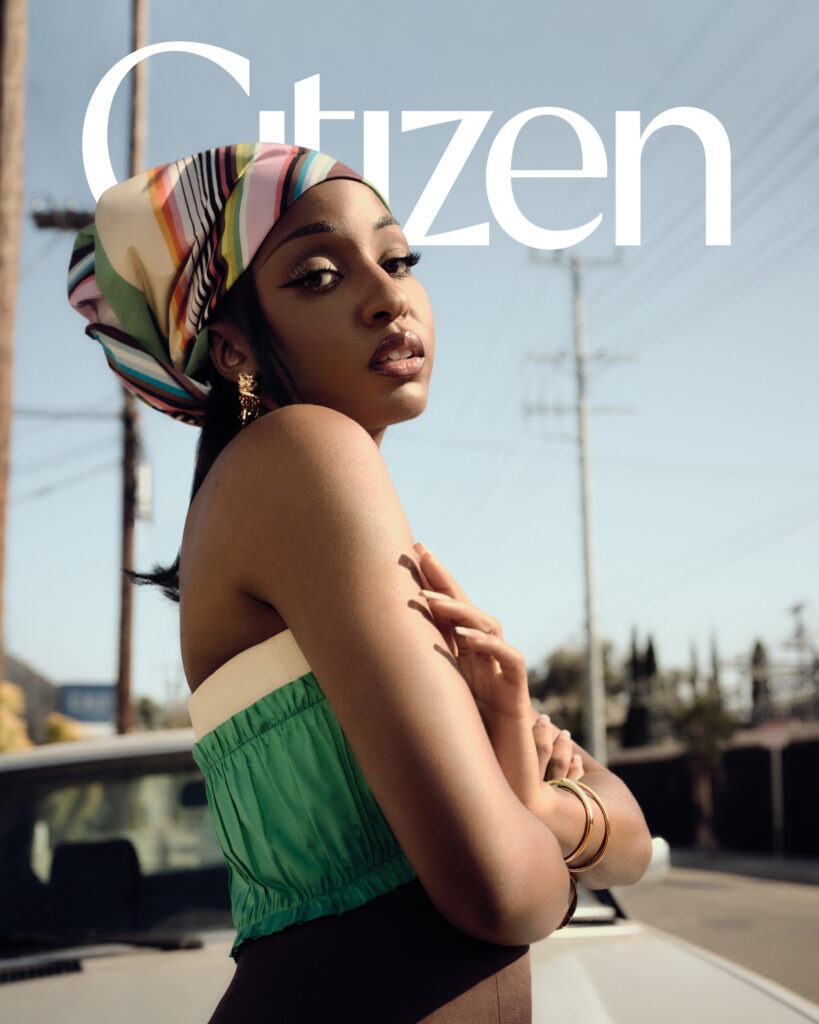Francesca Amewudah-Rivers, A Soliloquy
The critically acclaimed and publicly scrutinized star of this summer’s West End production of “Romeo & Juliet” introduces herself employing a familiar form; using the framework of a soliloquy, she questions the world around her.
Soliloquy by Francesca Amewudah-Rivers
Photography by Jessica Madavo
Introduction by Citizen Editors
Issue 004
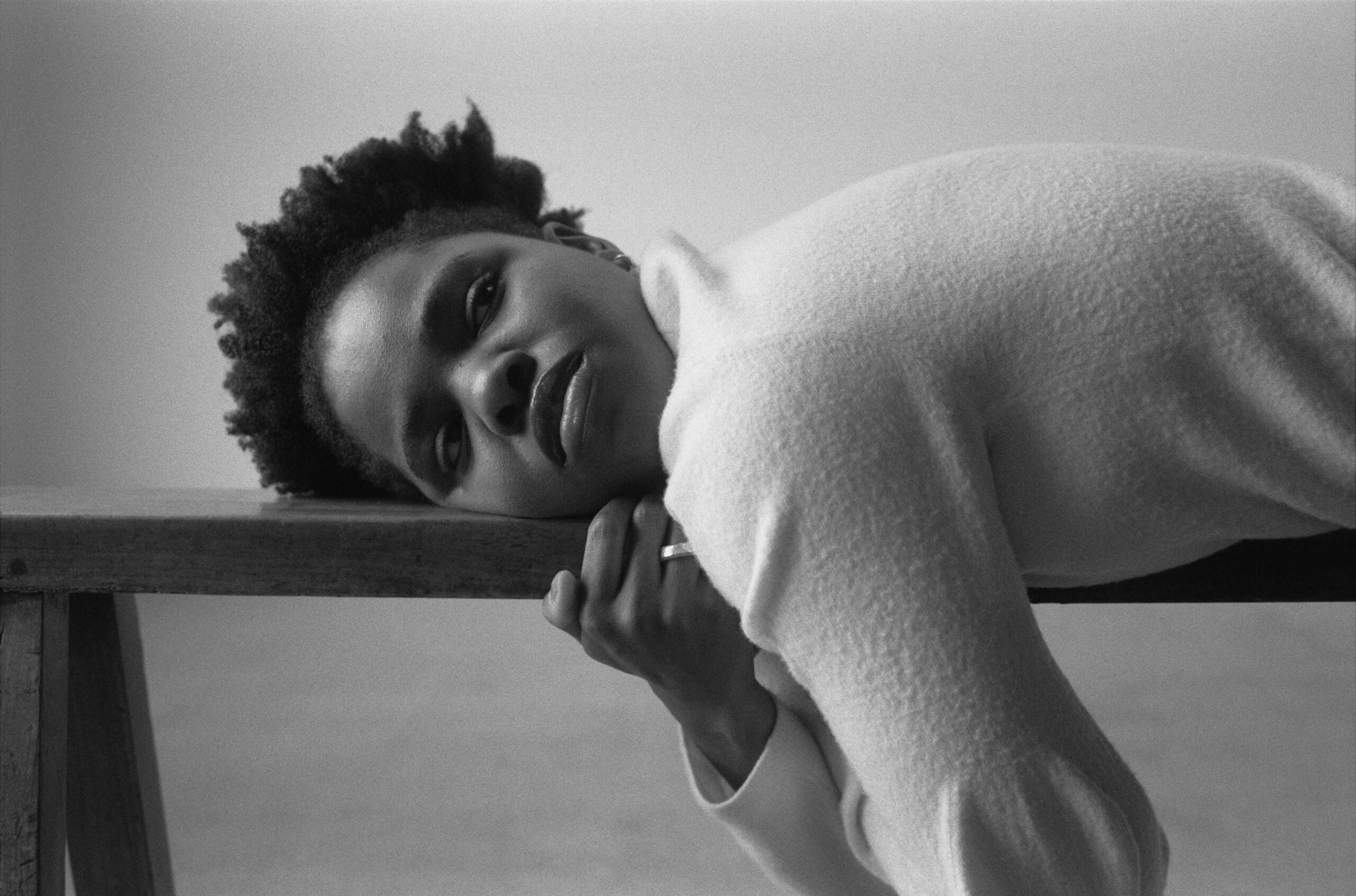
Is there a role that announces the arrival of a new ingenue more than Juliet? Theater’s most famous lover girl has been plunked down in more eras and settings and reimaginings than Shakespeare could have possibly imagined. And perhaps he may have never imagined 26-year-old Francesca Amewudah-Rivers as Juliet, which would only be a testament to the limits of even the most imaginative minds to contemplate the strange turns of reality. Because there she stood, on stage.
Francesca is no stranger to Shakespeare, having appeared in ‘Othello’ and ‘Macbeth’ at the National Youth Theatre. But ‘Romeo and Juliet’ was the Brighton-born actor’s West End debut and the rare sort of trial by fire that comes from playing Juliet, perhaps the most popular romantic lead across from superhero-heartthrob Tom Holland’s Romeo. As it has become boringly routine, a chorus of belligerent trolls descended in the comment section of social posts announcing Francesca’s casting. In a show of support, over 800 female and non-binary Black actors signed an open letter in solidarity with Francesca. Pointing out that too often Black actresses, visibly dark-skinned Black actresses receive a deluge of abuse simply for “committing the crime of getting a job on their own.”
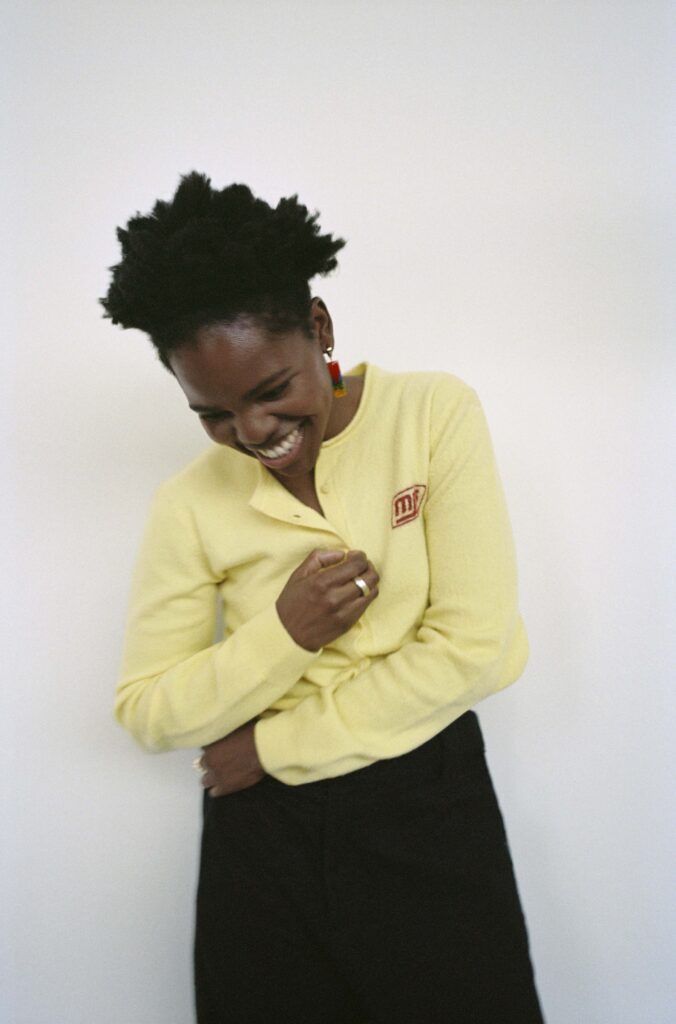
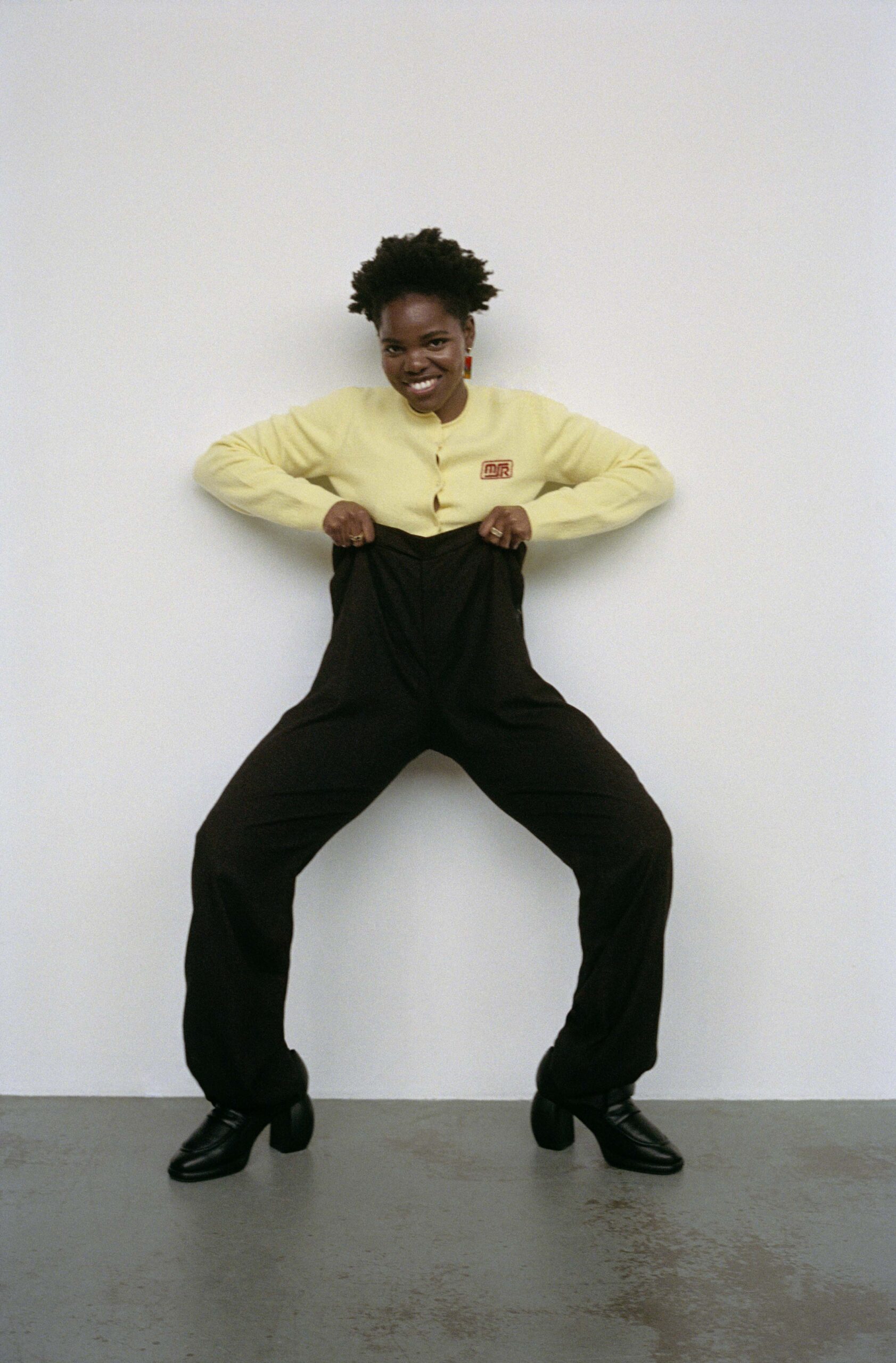
But the summer Francesca portrayed–to critical acclaim–Shakespeare’s Juliet is a brief paragraph in the actress’s story. She is connected to theater beyond performing; she studied music at Oxford and works as a sound designer. She won the Evening Standard Future Theatre Award for Audio Design in 2021. She’s appeared on TV shows and scored short films. She is the rare person for whom a general label might be more apt than a specific one: she’s an artist.
Fresh off of her run, we asked Francesca the question most creatives dread and always anticipate: What’s next? “It has been on my heart to explore and deepen my connection to my West African heritage through personal and creative projects,” she shared. “I hope to expand my skill set as an actor and be part of telling stories that subvert the narratives that saturate mainstream media. I want to keep improving, keep learning, keep growing.”
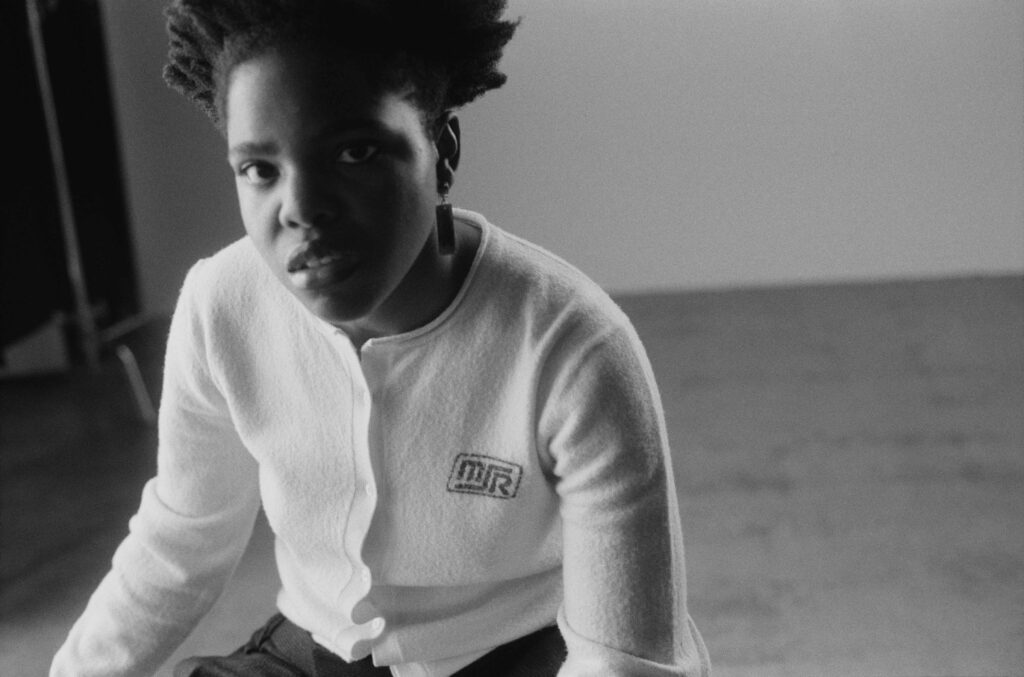
We return to Juliet briefly. All outside nonsense aside, the role itself came with plenty of pressure: how to breathe new life into a character so well known. Perhaps unsurprisingly, Francesca found her Juliet to be a fighter. “ She’s often portrayed as innocent and naive, but the text is much more nuanced. Her beauty shines from within. She finds agency in a system that robs her of her freedom. She is audacious and assertive in navigating the cards she’s been dealt,” says Francesca. “During rehearsals when I was finding her character, the Malcolm X quote kept coming to me – ‘If you don’t stand for something, you’ll fall for anything.’”
For Citizen Issue 004, Strange World, the critically acclaimed star of this summer’s West End production of ‘Romeo & Juliet,’ chooses to pen a monologue as an introduction, recasting herself as a modern-day Juliet. In this seeming continuance of her stage work as Juliet, Francesca blends her own reality into the fictional character’s world.
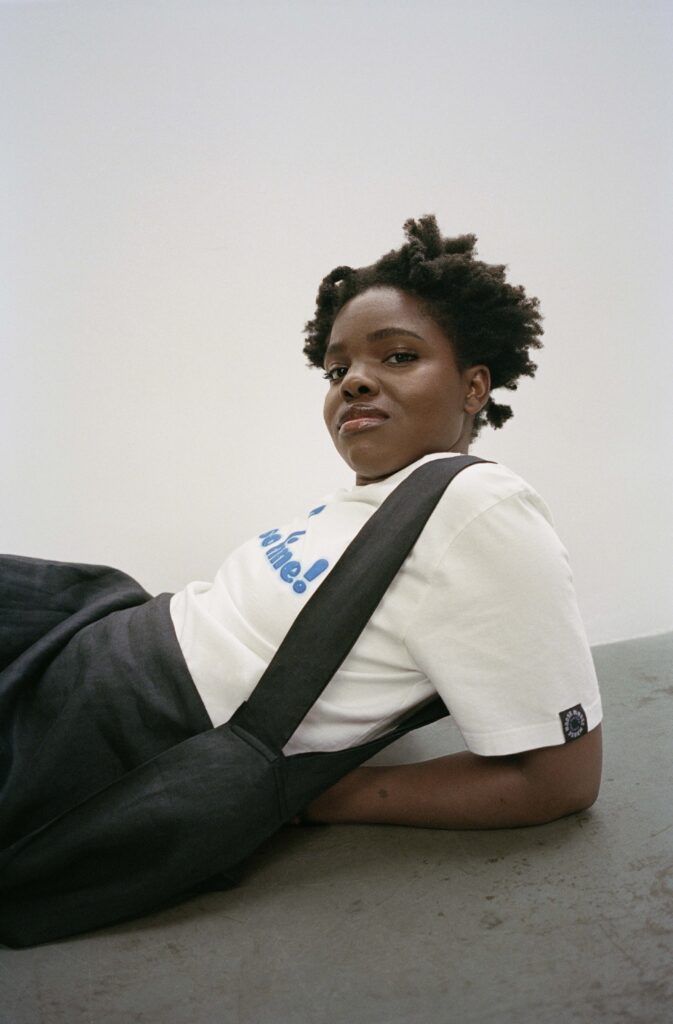
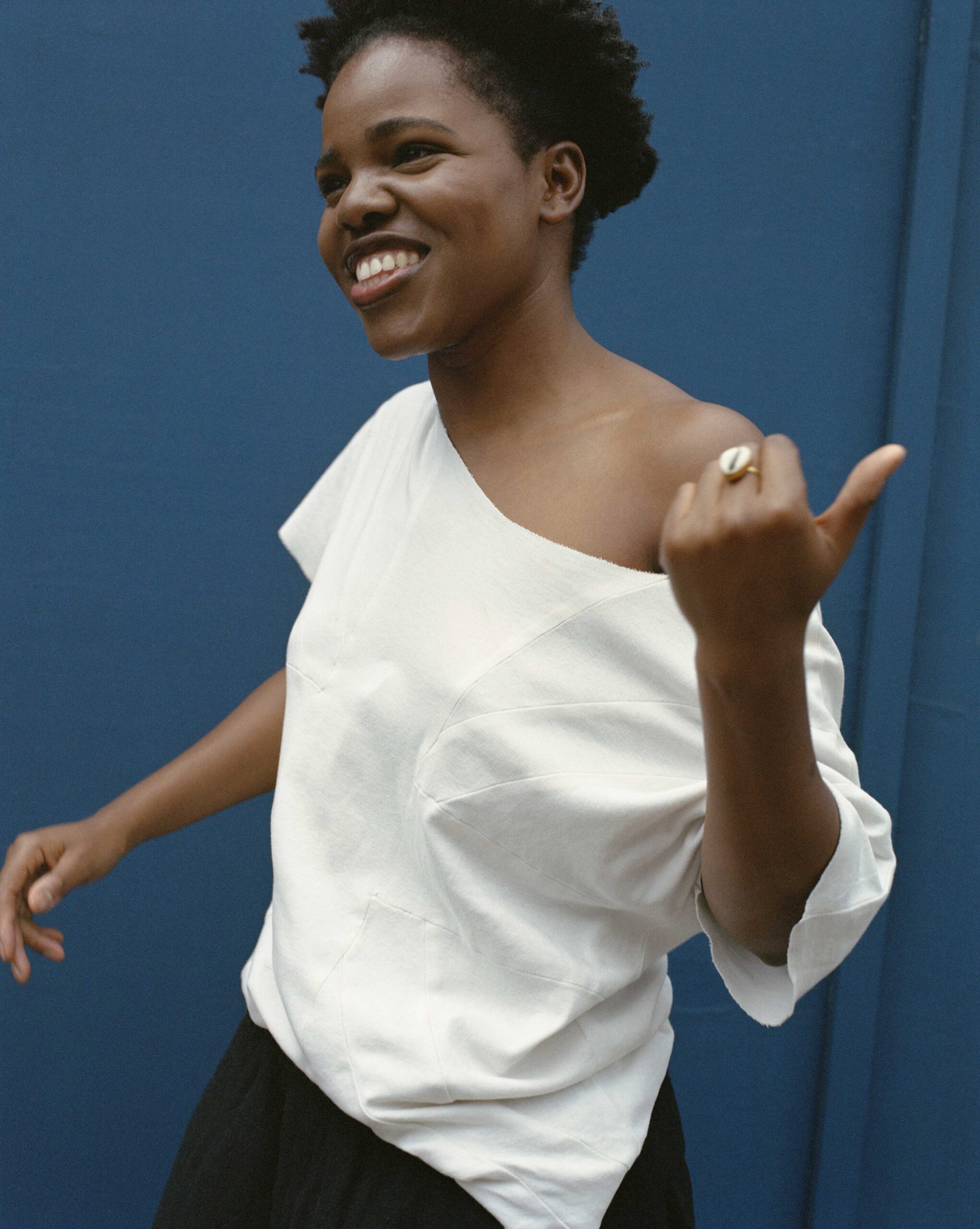
A cave. Night-time.
A crouched figure in the distance.
It is JULIET.
She is motionless, staring into the hollow black, the beyond.
Slowly, surely, she closes her eyes.
Juliet:
When did we learn to be afraid of the dark? Bedtime stories of monsters deep below, danger lurking in places we shouldn’t go. To be frightened of what we can’t see is to be frightened of the unknown. But what if what lies in the darkness is the very thing we need? And what’s right in front of us is the very thing we should fear the most. I find comfort behind my eyelids. In the different shades of black coloured with reds and yellows as the shadows of my mind ebb and flow. Sometimes I see figures, faces, memories, places. Sometimes, I see sketches of waves, traces of melodies from long ago.
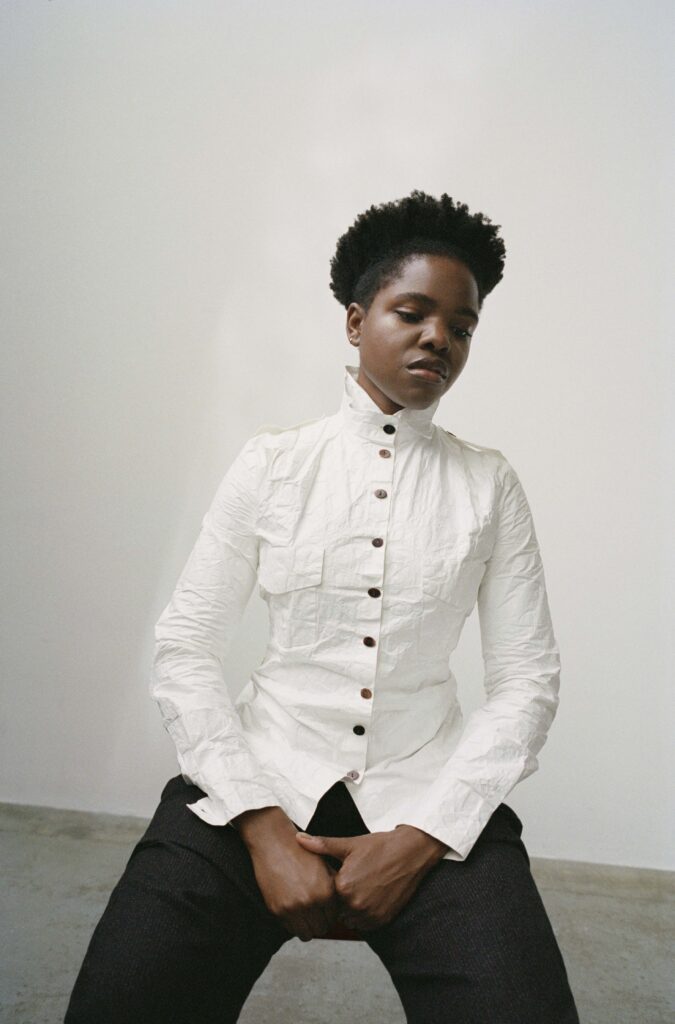
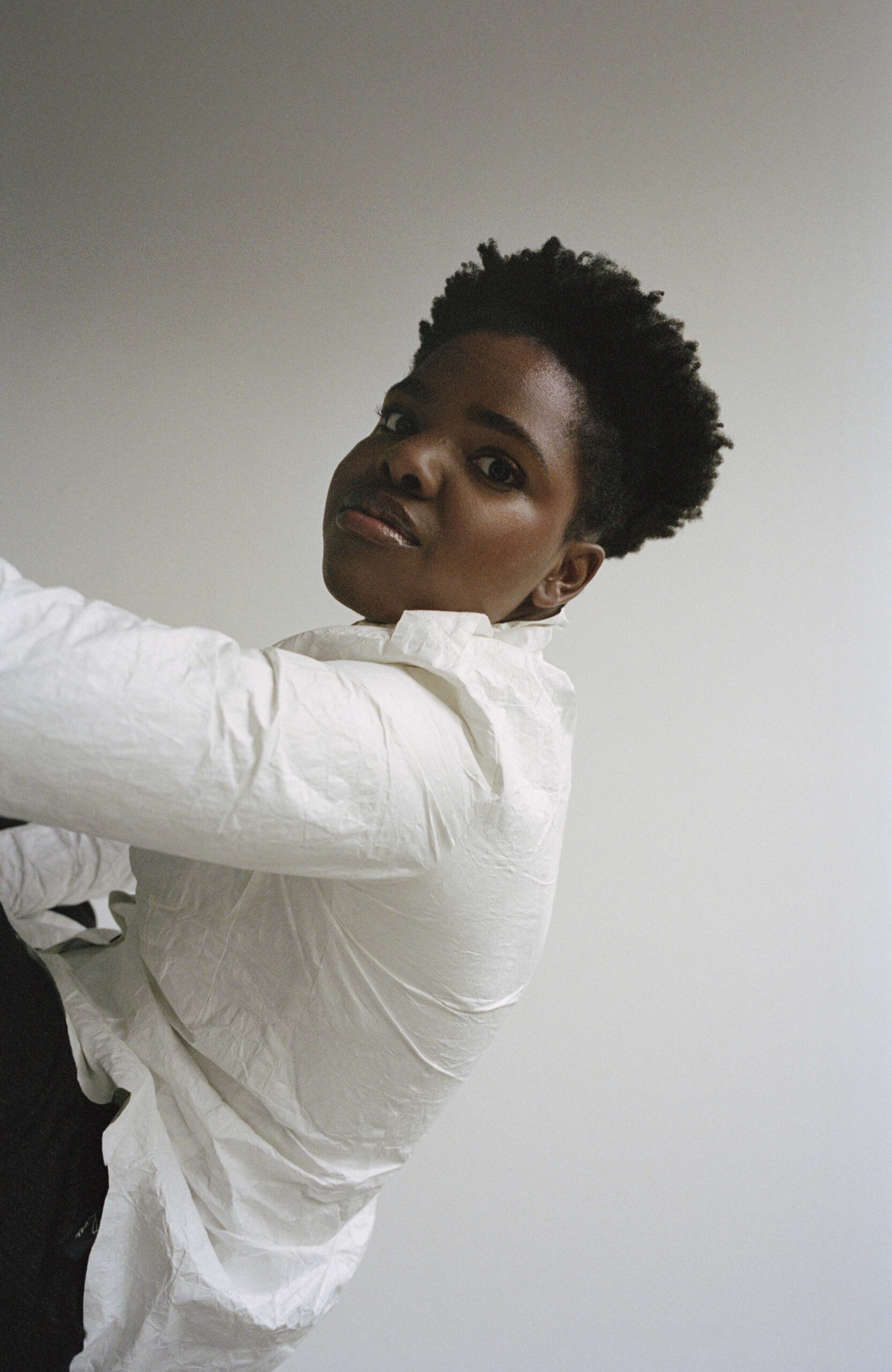
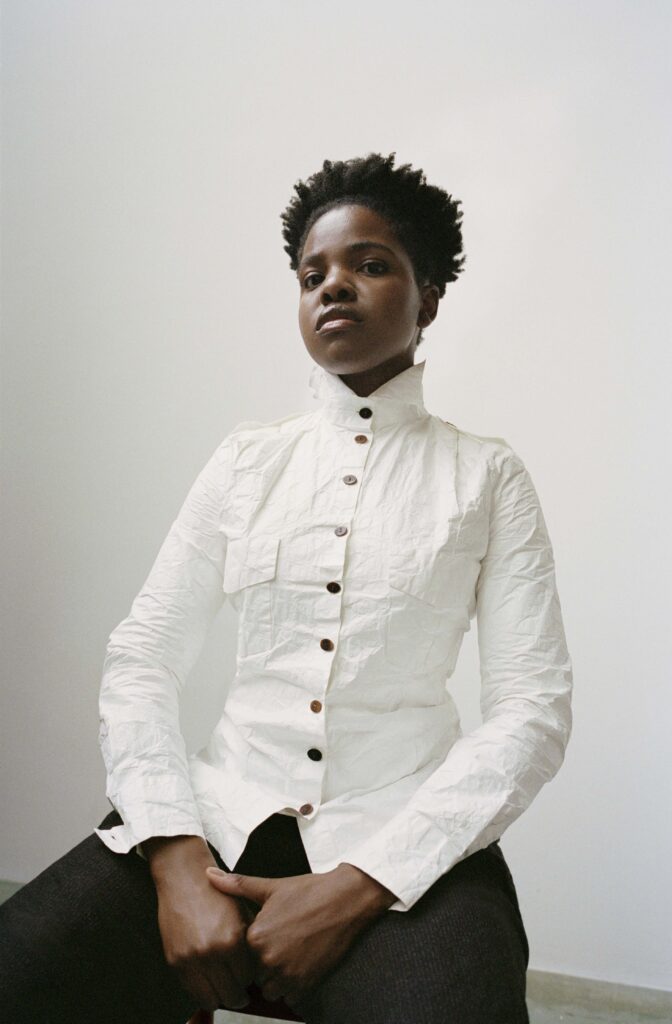
ROMEO.
What does he see when he looks at me? An unknown river of mystery. A being not from his land, an ebony spectacle, a threat to the economy and prosperity of his sovereignty. An object of desire, a ‘rich jewel in an Ethiope’s ear,’ a commodity waiting to be pillaged and brought back here. For the memory of Sarah Baartman lives on in my genealogy, the atrocities of his kind erased from history, forgive him and his trespasses; he’s just a ‘nice guy’.
They told us to come, to build this Great British stronghold, for ‘London streets are paved with gold.’ So, we obeyed, sacrificed our land, our souls, for this bitter harsh cold. But we are born of the soil, daughters of the Mitochondrial Eve, can’t they see?
Can’t he see? That I am more than his fantasy, I am curious, courageous, an abundance of creativity. Resourcefulness and resilience lace my DNA, I know I must pave my own way.
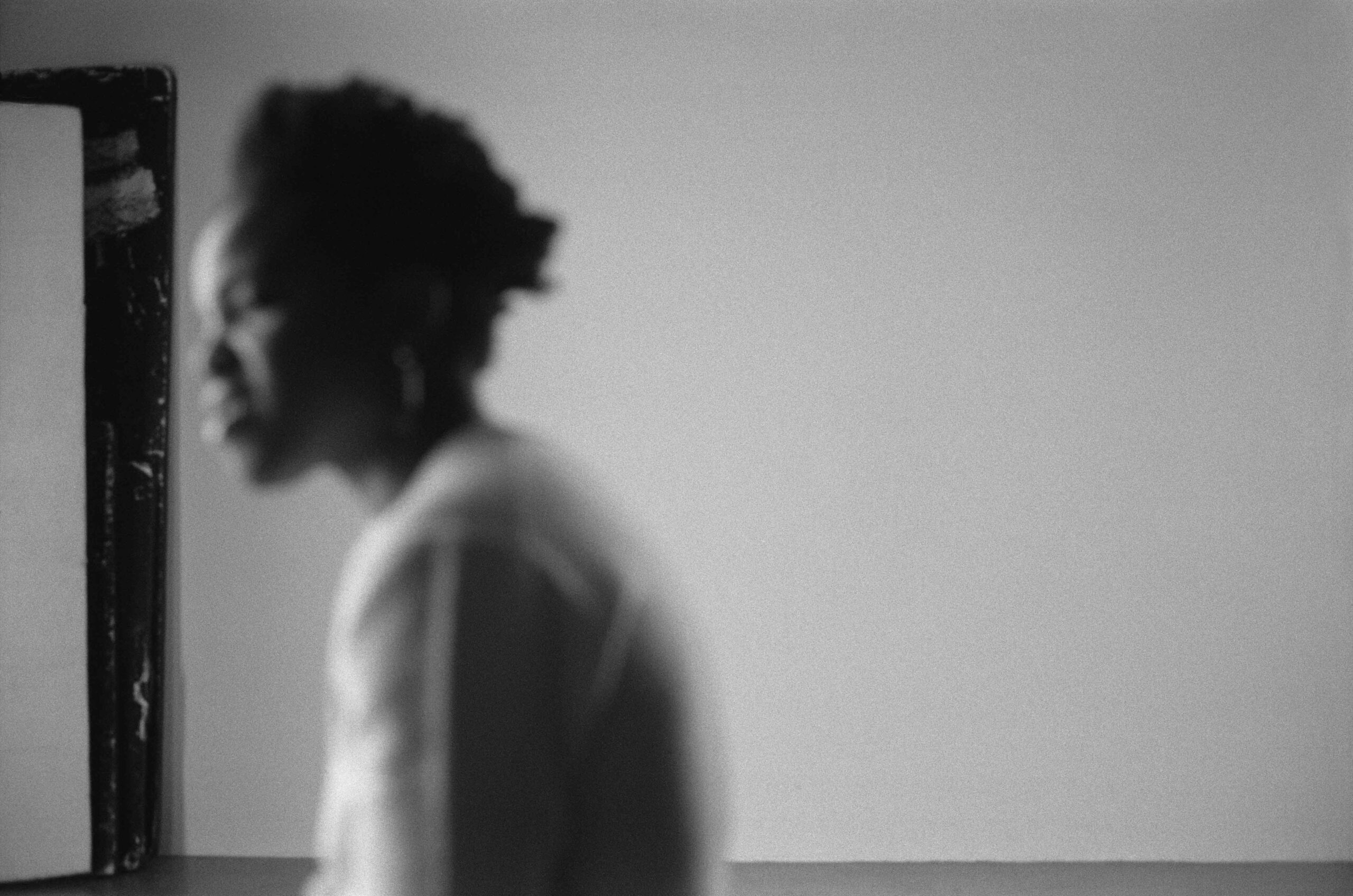
But now, when I close my eyes, I see him. Romeo. And I’m calling him near, beckoning him to find me here. It’s been said the heart wants what it can’t have, but why does my heart want what I know will destroy me? Sweet Romeo, ‘The God of my idolatry’. There are riots in the streets…
Expand on the riots/violence in Verona (link to far-right riots happening now in the UK). Anger builds (she’s angry at herself for falling in love, angry at Romeo, angry at her parents, angry at the world… monologue cuts off mid-sentence as she opens her eyes).

